VAT Penalties: All You Need to Know About the New System
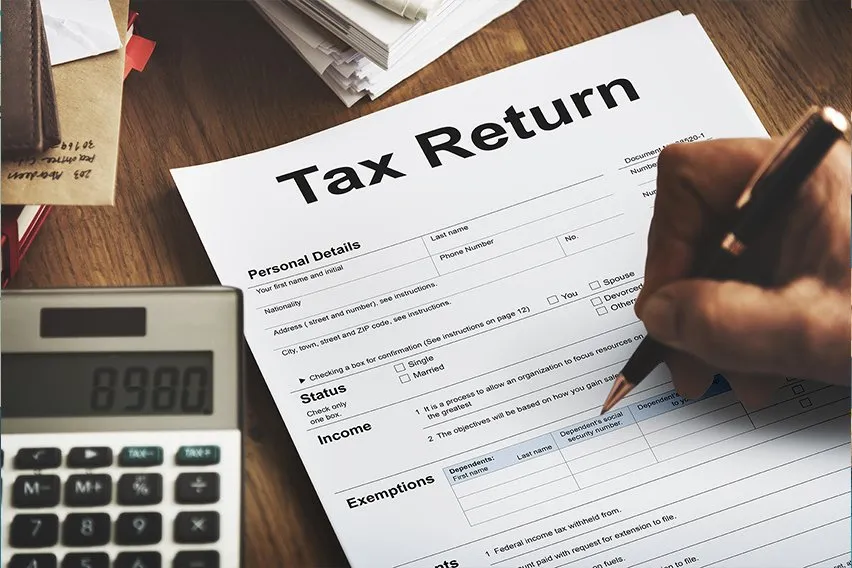
If you’re self-employed or a business owner, it’s vital that you file your Value-Added Tax or VAT returns on time. If your VAT returns aren’t submitted to the HMRC on time, you’ll not only have to hand over a late payment penalty but also be responsible for interest on it. But how exactly does VAT work, and what do you need to know to ensure your business remains 100% tax-compliant throughout the year?
Key Takeaways
- Late VAT payments are subject to penalty fees, which depend on several factors.
- Late VAT payments are also subject to interest.
- The penalty points threshold system also determines your penalty liability.
- The later your VAT payment, the more you’ll have to pay in fees and interest.
- HMRC has reduced their former 30-day grace period for late VAT payment penalties to 15 days for the 2024-25 tax year.
- Late filing penalties reset after a certain period of compliance.
- You can avoid VAT fees thanks to certain exemptions and the appeals process.
In this article, we’ll cover:
Understanding Late Filing of VAT Returns
Resetting of Late Filing Penalties
VAT Returns Exempt from Penalties
Understanding Late Filing of VAT Returns
Filing your taxes late can come with some consequences for business owners. Depending on the penalty points threshold (more on that in a moment), HMRC will issue what’s called a ‘default.’ This will happen if you miss your payment deadline entirely or don’t pay the full amount. In addition to the late payment fees, you’ll also have to pay daily interest, which can add up quickly.
Small business owners need to understand the applicable new penalty points system, separate penalties, threshold, and late payment implications. Let’s have a look.

Penalty Points Threshold
HMRC tracks how many times your VAT payments have been late, as well as considers the amount of turnover revenue that your business makes. It’s also worth noting that, depending on your VAT payment history, you may get a Surcharge Liability Notice or SLN instead.
HMRC will allocate one point to your VAT account each time a payment is missed. Depending on your VAT accounting period, you’ll only be able to have a certain amount of points before you receive a late payment penalty.
You’re responsible for making advance tickets towards your VAT bill on either a monthly or quarterly basis. Here’s a rundown of how it works:
Monthly VAT Accounting Period
If you choose to make your VAT payments monthly, your payment will be due at the end of months 4, 5, 6, 7, 8, 9, 10, 11 and 12. You’ll also be responsible for making your final payment (balancing payment) within two months of month 12. The points threshold for monthly payments is the highest: 5 before you receive a penalty.
Quarterly VAT Accounting Period
Business owners also have the option to file VAT payments quarterly. In this case, you’d be responsible for making your payments at the end of months 4, 7, and 10 and the final balancing payment within two months of month 12. The points threshold for quarterly payments is 4.
Annual VAT Accounting Period
Business owners paying their VAT annually must only make one payment during month 12. Annual payments have the lowest point threshold (2) before receiving a first penalty call from HMRC.
Resetting of Late Filing Penalties
A late filing and penalty system is far from ideal, but it’s also not the end of the world. Depending on your tax payment scheme, you’ll have to remain compliant and on-time with payments for a certain period of time in order to reset your penalty points. The compliance period is 24 months for annual, 12 months for quarterly, and 6 months for monthly.
Consistent compliance (and on-time submissions) with VAT payments is essential to running a successful business. Keeping on track will help you avoid the burden of late payments and ensure you’re not paying unnecessary VAT penalties.
Late Payment of VAT
Essentially, the later your VAT payment, the more you’ll pay in penalties. The initial 15 days of late payment is a grace period and will not trigger a penalty. After 16 days and up to 30, a 2% penalty will be applied to the amount owing on day 15. After day 31, the initial 2% still applies, as well as another 2% charge on the balance at day 31. In essence, this means a rate of 4% if you haven’t made any payments.
In short, the penalties associated with late VAT payment can quickly mount, meaning it’s vital to stay organised and punctual with payments.
Interest
In addition to penalty fees, any overdue tax or VAT is also subject to interest, set at the Bank of England base rate plus an additional 2.5%. This interest will continue to accrue from the due date of your payment until it’s been paid, even if you’ve already set up a time-to-pay arrangement with HMRC.
Late Payment Penalties
From 1 January 2024, late VAT payment penalties have been reworked to be fairer and simpler for businesses. Previously, they were calculated based on the amount of missed or late payments. Now, they are calculated simply on how late the payments are after exceeding the 15-day grace period.
The new late payment penalties are as follows:
| Payment Date After Deadline | First Penalty | Second Penalty |
| 0–15 days | No penalty | None |
| 16–30 days | 2% of payment due on day 15 | None |
| 31 days or more | 2% of payment due on day 15 and 2% of payment due on day 30 | A daily rate of 4% on the total payment due |
Besides changes to VAT late payment penalties to the HMRC, there is one other small change regarding repayment interest when the HMRC owes you money. In the event that you overpay taxes or have a tax refund due to be repaid to you, the HMRC will pay repayment interest of 0.5%.
VAT Returns Exempt from Penalties
There are a few specific VAT return scenarios that don’t incur penalties, and knowing about them can help you make tax payments when it works best for you without risking penalty points and paying extra money to HMRC. These exemptions are:
- Your first VAT return after becoming newly VAT-registered
- Your last VAT return after cancelling your business’ VAT registration
- One-off returns which aren’t monthly, quarterly, or monthly
So if you’re a new business who has just registered for VAT, you’ll receive some grace from HMRC if you’re late making your first payment. The same is true for companies that are planning to close operations or relocate and have cancelled their VAT registration.

Avoiding Penalties
With all that said, what’s the best way to avoid penalties and ensure your points threshold remains at a good level? There are a few best practices for business owners to keep in mind to ensure they remain compliant with VAT payments.
First and foremost, the best way to avoid penalties and points on your VAT registration is to file your returns and pay your taxes on time. However, you can still help yourself even if you cannot pay your VAT bill immediately. You should still file your return on time and then contact HMRC to arrange a time-to-pay agreement. You’ll still be liable to pay the interest that accrues on your balance, but at least you won’t be subjected to a £200 penalty for failing to file.
You also have the option of challenging a late filing or late payment penalty with the HMRC yourself. In order to succeed with this, you’ll need to prove that you had a ‘reasonable excuse’ for missing the deadline. You can start this process by requesting an internal review from HMRC or appealing to a First-Tier Tax Tribunal.
Conclusion
Taxes can be a confusing process at first, particularly when significant changes are introduced to the system as a whole. While the new VAT process might seem a little complex at first, it’s actually poised to be a good change for business owners and entrepreneurs, who will have more opportunities for compliance throughout the tax year.
In general, remember to understand the potential penalties for late payment depending on your VAT payment history and the amount of annual turnover your business makes. You should also remember the exemptions that can help you avoid penalties and take advantage of the familiarisation period should you miss a payment by mistake.
FAQs on VAT Penalties
Still curious about the details of late filing penalties for VAT? Here are answers to some of the most commonly asked questions on the topic:
Can I appeal against VAT late filing penalties?
Yes. Provided you can prove you had a ‘reasonable excuse’ (according to HMRC), you’ll be able to appeal late submission directly to HMRC’s internal review process or to a First-Tier Tax Tribunal. This gives you an opportunity to appeal late penalties, though it’s by no means a guarantee.
Can I get an extension on the VAT filing deadline?
It’s not possible to get an extension on your VAT filing deadline, meaning that you’re technically obligated to file and pay your VAT return or else be subject to fees and penalties as outlined above.
What should I do if I make a mistake on my VAT return?
If you discover that you’ve made an error while filing your VAT return, you’ll need to notify the HMRC in order to request a correction. Use form VAT652 to detail these changes and get corrections made to your return by the HMRC.
Can I reduce the penalties if I have a reasonable excuse for filing late?
If you can prove you have a reasonable excuse for late VAT payment, you can reduce or remove any other late payment interest and penalties that apply to your tax account. Take a look at the HMRC site for details of what’s considered a reasonable excuse.
Can I claim a refund if I paid VAT penalties in error?
Though there is a process for reimbursement, if you’ve overpaid your taxes themselves, you may not be able to claim a refund for VAT penalties paid in error. Be sure to check carefully when making payments against any VAT penalties.
About the author
Ujjwal Ghimire is an ACCA member with a BSc (Hons) in Applied Accounting from Oxford Brookes University, UK. He is a skilled accountant and financial analyst with 5 years of experience spanning accounting, taxation, and financial analysis, across multiple industries. He has hands-on experience with multiple accounting, and ERP systems and has also served as a faculty member for ACCA students in 2022. In his free time, Ujjwal enjoys writing stories, spending time outdoors, taking photos, and trying out new recipes.
RELATED ARTICLES


 Submit VAT Return Online: HMRC VAT Filing Guide
Submit VAT Return Online: HMRC VAT Filing Guide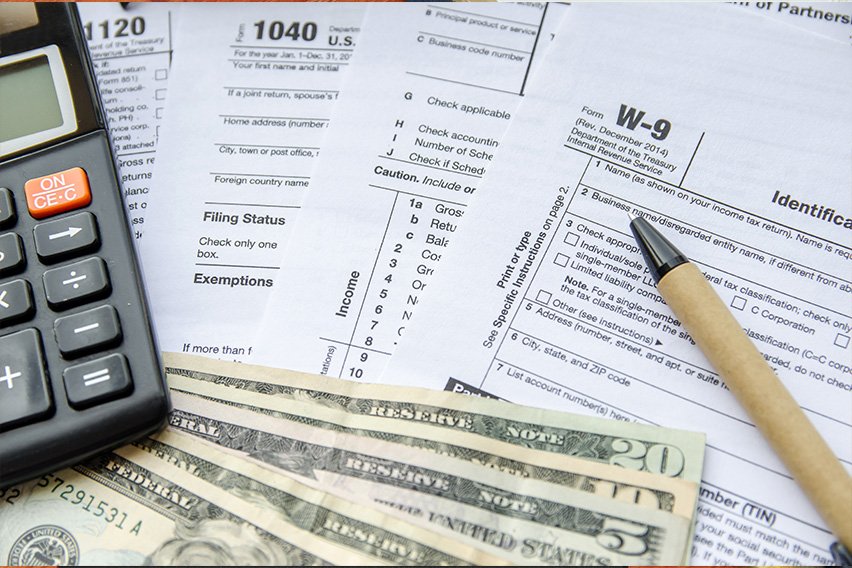 Sole Trader Tax Guide
Sole Trader Tax Guide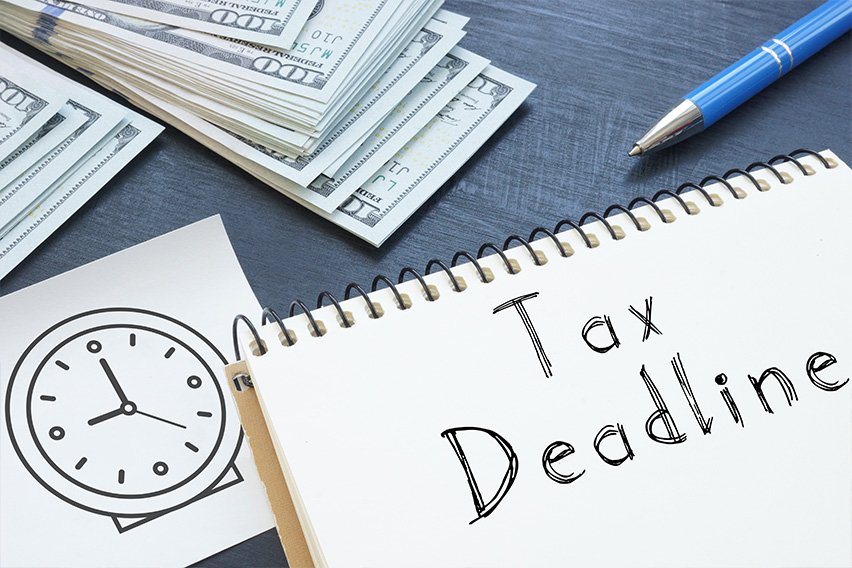 Tax Return Deadline in the UK (2024-25)
Tax Return Deadline in the UK (2024-25)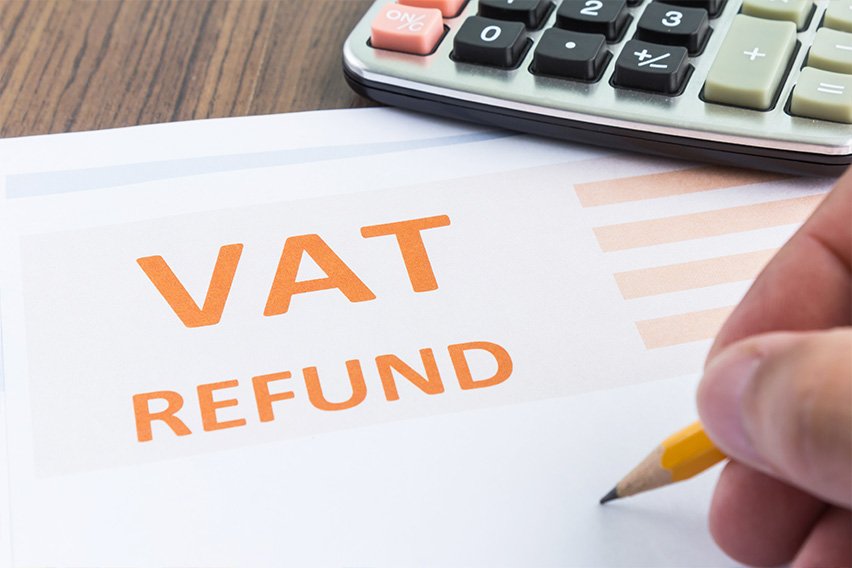 Can I Get a VAT Refund When I Leave the UK? Can I Get VAT Refund When I Leave UK Soil?
Can I Get a VAT Refund When I Leave the UK? Can I Get VAT Refund When I Leave UK Soil?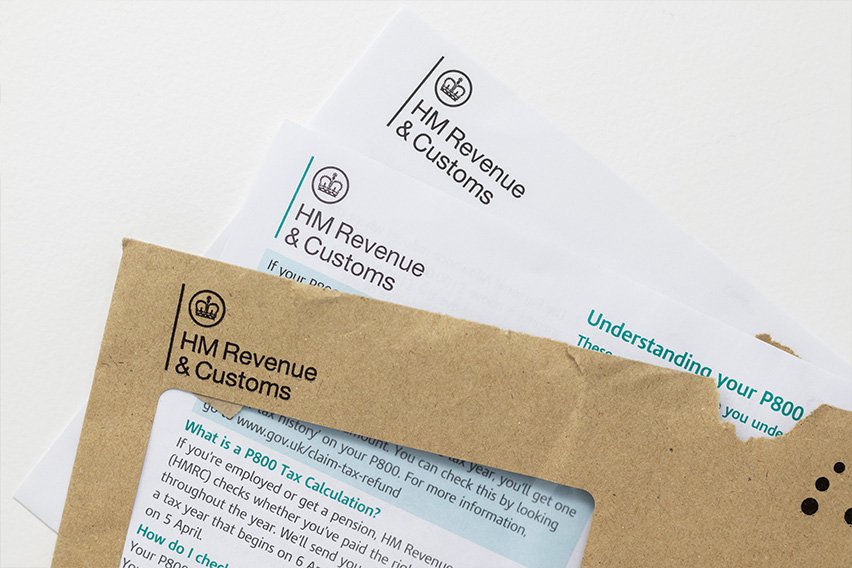 HMRC Invoice Requirements
HMRC Invoice Requirements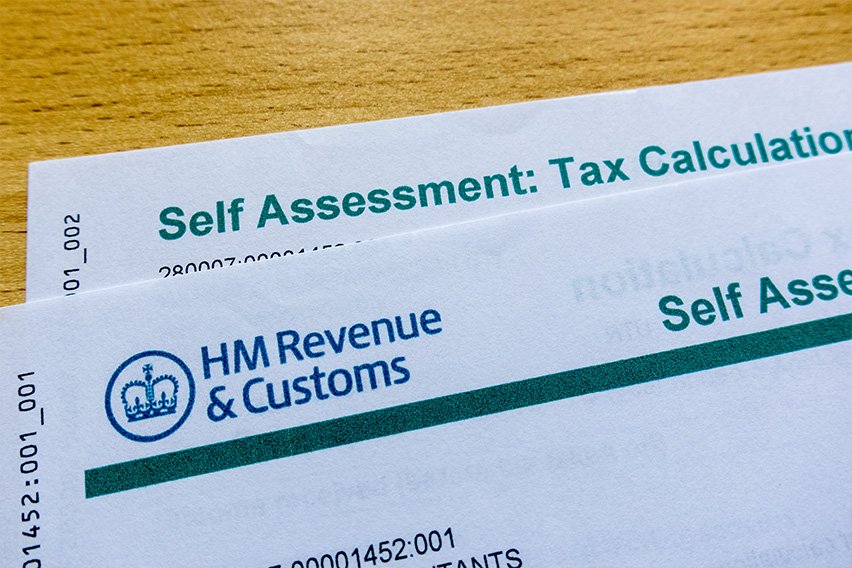 How Does HMRC Know About Undeclared Income?
How Does HMRC Know About Undeclared Income?